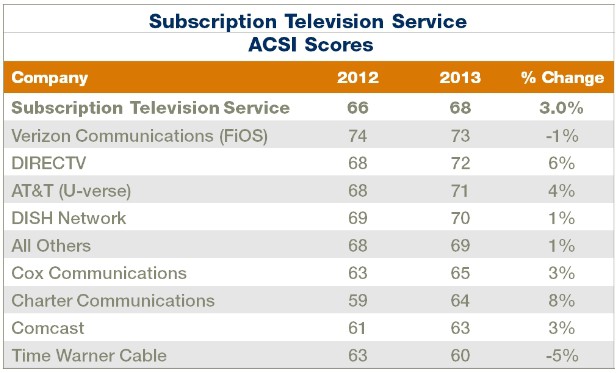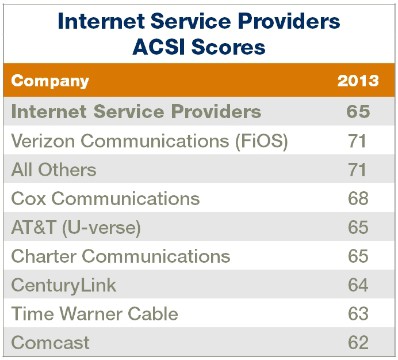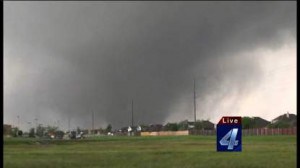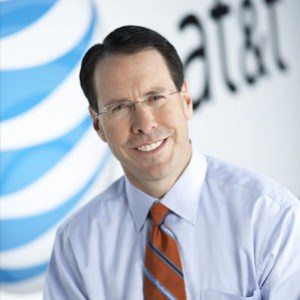
Phillip “I don’t have $1 million in AT&T and Verizon stock” Dampier
Before Tom Wheeler, President Obama’s pick to head the Federal Communications Commission, can find his seat at the federal agency overseeing the nation’s telecommunications industry, he will need time to sever the extensive ties he maintains as an ex-lobbyist and investor in the companies he will soon oversee.
To avoid an even bigger appearance of a conflict of interest, Wheeler has agreed to dump at least $1 million in personal stock in AT&T and Verizon, as well as divest himself of holdings in 76 other media and tech companies including Time Warner, Comcast, Google, Sprint, Deutsche Telekom and News Corp.
Wheeler is also submitting his resignation from the board of Earthlink, an Internet Service Provider, and will also sell off his shares in that company. He will also have to step down from Core Capital, a venture capitalist investor firm with extensive holdings in the telecom industry.
In our view, Wheeler has shown he couldn’t be more of a telecom industry insider unless he also served on the board of AT&T. Wheeler’s extensive holdings depict someone who has maintained a direct financial interest in the industry for years, even after ending his leadership at the National Cable Television Association and leading the nation’s biggest wireless industry lobbying group, the CTIA.
These kinds of deep industry ties are a serious concern for the average consumer. As we’ve reported before, Tom Wheeler has said almost nothing on his blog about consumer interests, writing views from the perspective of an industry lobbyist and investor. Watching him disgorge well over a million dollars in direct investments in AT&T and Verizon — companies he’d oversee in his new role — does not ease our concern he remains a consummate insider. He is well-positioned to move back through the D.C. revolving door at the end of the Obama Administration to reinvest in the companies his tenure at the FCC could potentially make or break.
Wheeler’s appointment represents another broken promise from the Obama Administration:
“No political appointees in an Obama-Biden administration will be permitted to work on regulations or contracts directly and substantially related to their prior employer for two years. And no political appointee will be able to lobby the executive branch after leaving government service during the remainder of the administration.”
Not allowing Wheeler to oversee regulations or contracts with the companies who helped pay his salary and earn him a fortune from his investments would leave the new FCC chairman little to do beyond opening the mail. But of course, that campaign promise from the Obama-Biden campaign has long since been broken and forgotten by most.
Despite the clear conflicts of interest, President Obama remains fully behind his new FCC chairman pick.
“Tom knows this stuff inside and out,” Obama said.
No doubt.
[flv width=”640″ height=”380″]http://www.phillipdampier.com/video/Real News Obama Nominates Cable Industry Lobbyist and Campaign Bundler New Head of FCC 5-12-13.mp4[/flv]
Former FCC commissioner Nicholas Johnson blasts the nomination of Tom Wheeler, an ex-industry lobbyist and insider, for the role of new chairman of the FCC. (From: TheRealNews) (16 minutes)




 Subscribe
Subscribe AT&T wants everyone in Oklahoma City to stay off the phone and rely on text messaging for communications with family, friends, and loved ones “given high call volumes.”
AT&T wants everyone in Oklahoma City to stay off the phone and rely on text messaging for communications with family, friends, and loved ones “given high call volumes.”


 AT&T says government regulations have hampered the company’s plans to roll out faster broadband networks to areas where consumers and businesses want faster speeds.
AT&T says government regulations have hampered the company’s plans to roll out faster broadband networks to areas where consumers and businesses want faster speeds.
